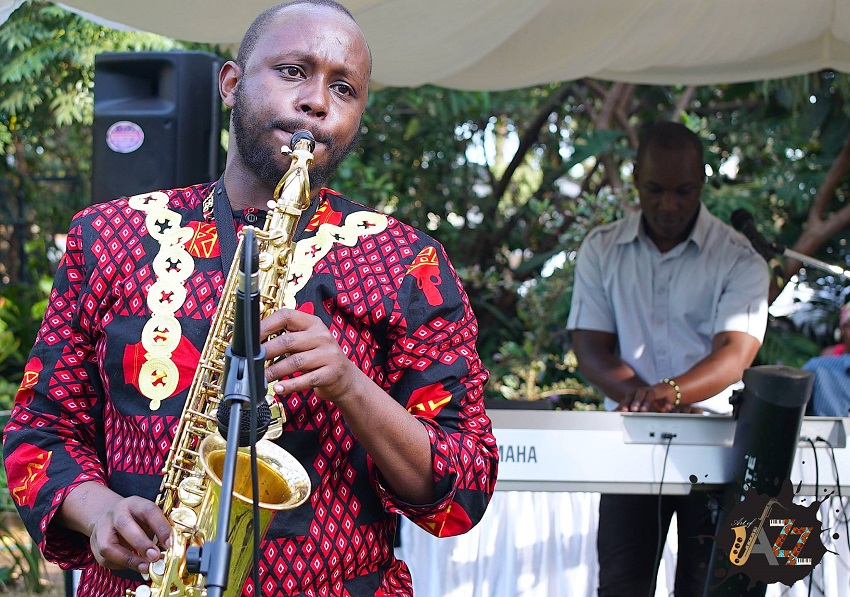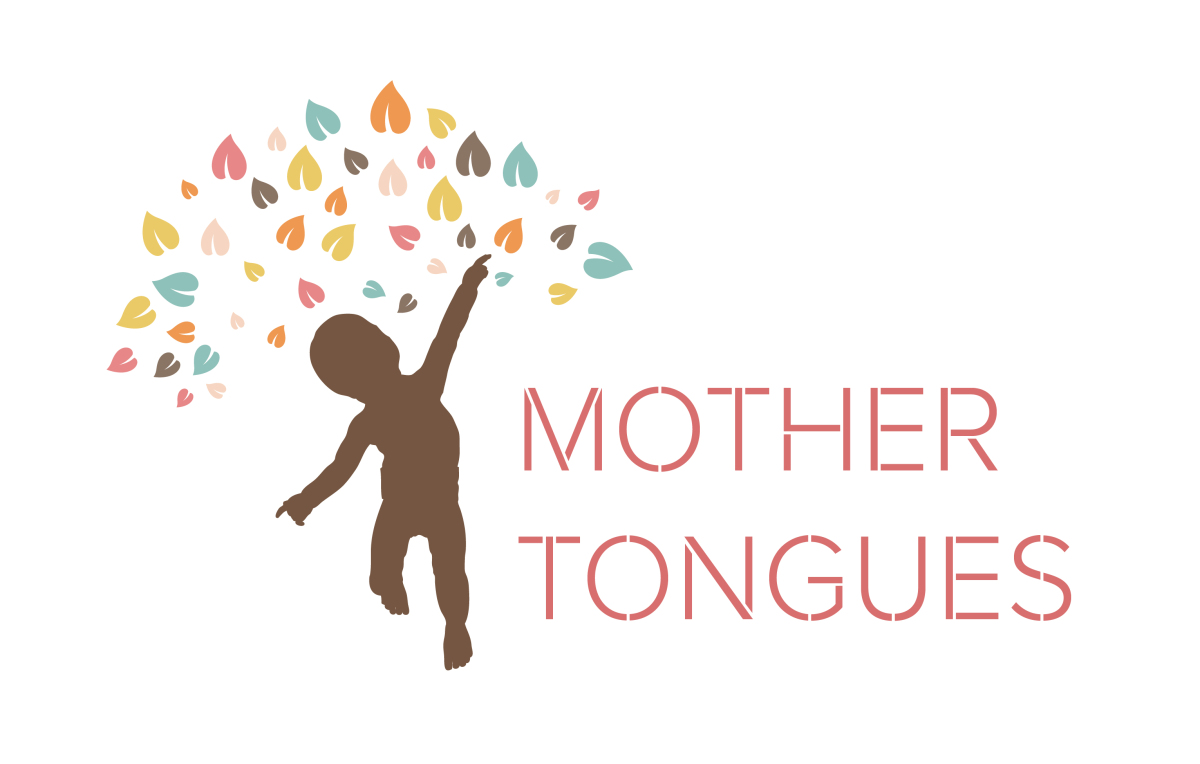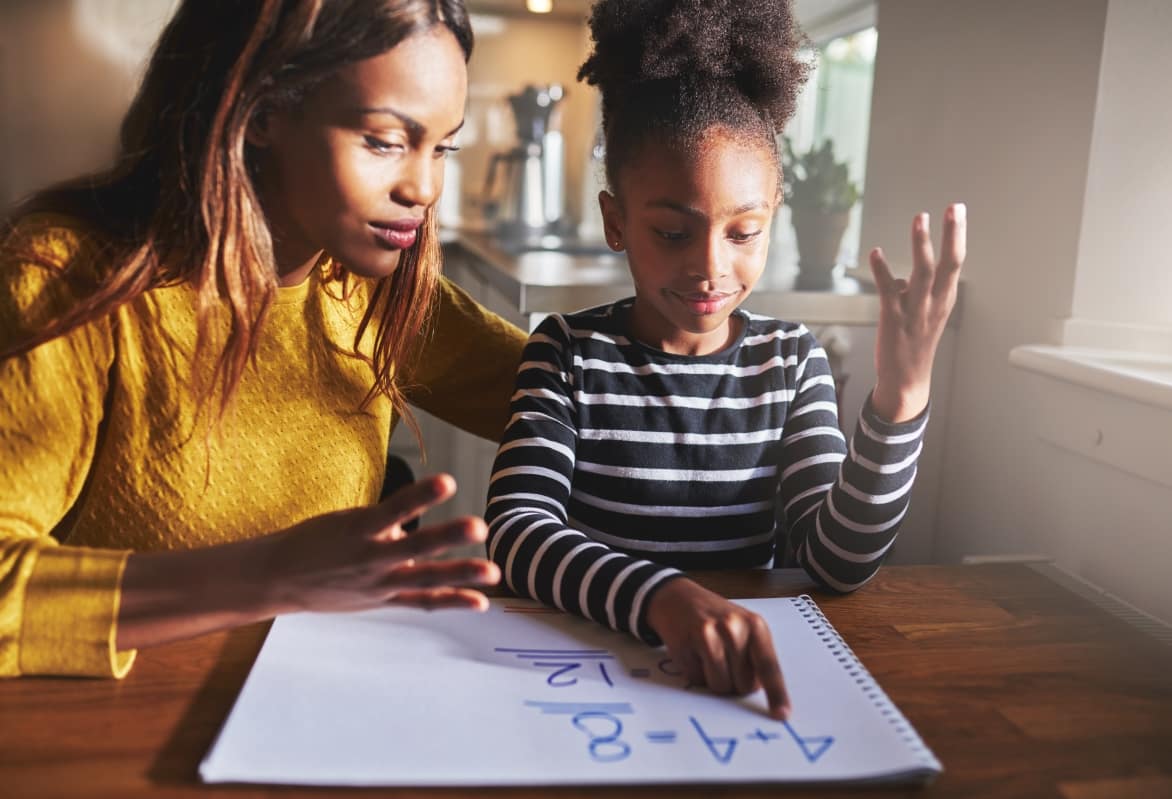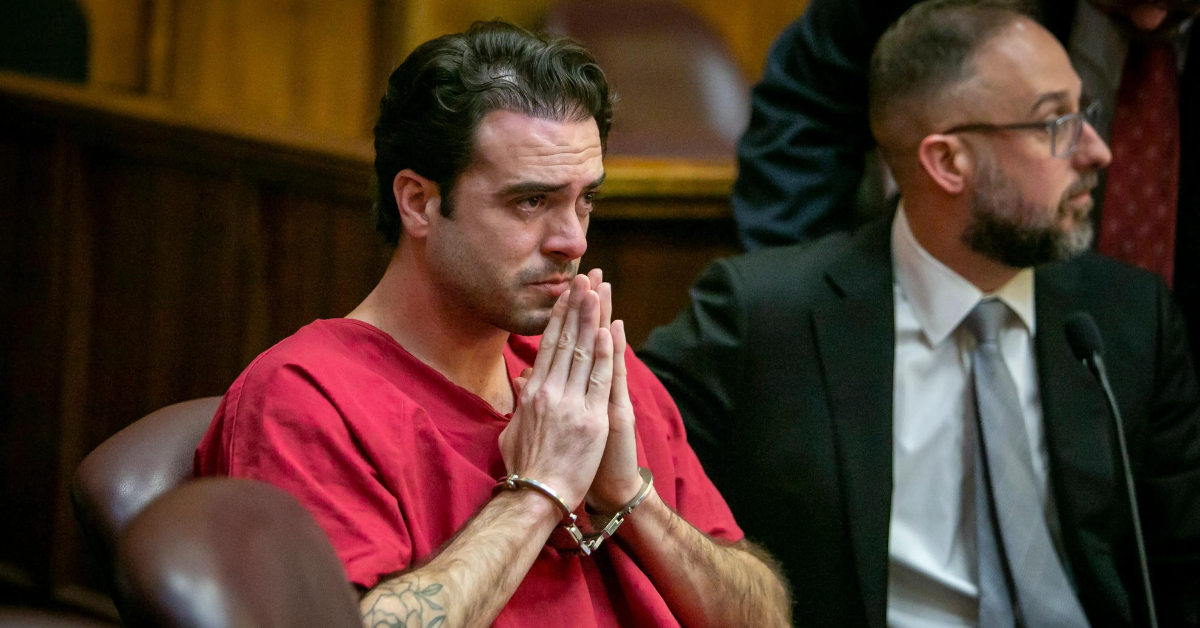
"When You Are Loved You Are at Peace and When You Are at Peace, You Are Loved", Greta Francesca Iori on Showing up With Compassion
9th May, 2022 at 11:30AM
Greta Francesca Iori is a wildlife crime and conservation adviser to various African Governments, International Organisations and NGOs.She stands firm in the belief that we need to move away from dominant and often ineffective conservation structures and instead cultivate scalable systems which dismantle deeply engrained forms of spatial injustice for both people and wildlife.She shares her story with Damaris Agweyu.Greta, if there was one thing in this world that you had the power to change, what would it be?I have always believed that if a majority of the privileged and elite class were more reflective, accountable, and real with themselves — real with seeing things as they are, we would have a different world, a better world. A world that isn't rooted in exploitation, oppression, shame, and hurting others, but rather one that is rooted in prioritising reconciliation, generosity, belonging, forgiveness, and boundless solidarity. Simply operating from a place of compassion and love would be a great start. If we all did this, we would treat the people we disagree with differently. We would be kinder and more understanding. We would agree to disagree and continue engaging. We would be solution-oriented. We tend to do that only with people we love, not with those we don't know on an intimate level. Instead, we come in with our armour and polarise each other. Ultimately, this gets us nowhere because there are many blurry and complex layers even within the lines of "right" and "wrong". In order to truly heal, we have to honour things as they are, intentionally and consistently choosing to make them better and choosing to come together. So instead of being so damning, let's accept our differences and learn to compromise. I feel like it's a metaphor for everything because, as humans, we rarely ever consider the other entities living on this planet, those that don't have the systems to defend their rights. Exploitation and marginalisation transcend species. We need to recognise that it isn't all about us. Your Twitter bio reads in part, "peace belongs to all living things", does that speak to what you are saying?Yes. From a very young age, I've always felt this weird contention that we live in human governed systems. It seems unfair that even the way we protect wildlife is within the viewfinder of a human being. Shouldn't they have their own laws and systems of advocating? Or, at the very least, shouldn't science and policy be informed from the perspective and acknowledgement that we cannot fully comprehend other living systems in their entirety?When I took my first sabbatical and travelled to India, I stumbled upon a Jain temple. I'd never heard about Jainism, was fascinated and started looking into it. One of the fundamental pillars of Jainism is that every living thing, including rivers, water, and land, have rights. And save for subsistence, every practising Jain should never harm another living thing knowingly- this changed everything for me. Imagine if we all had that integral belief that every living thing deserved to be here, respected, and protected. I believe that, deep down, all human beings seek two things: peace and love. And they are interlinked. When you are loved, you are at peace, and when you are at peace, you are loved. And so, I believe that peace belongs to all living things. It's a reminder to always show up with compassion and adaptability because you can only ever see something through your lived experiences, and in every space we occupy, whether human or nonhuman, we aren't always capable of seeing the complete picture. How did you end up working in the human-wildlife conflict space?My first exposure to conflict was recognising how little communities benefited from protected areas, national parks, and tourism in my home country. At the time (and still today), tourism in Ethiopia was generally elite. I came from a privileged family with the resources to travel around the country. A strong desire of both my parents to teach my brother and I the complex histories of our home essentially guided my curiosity.I remember feeling unsettled and helpless at the extreme inequality and powerlessness of the people who held those spaces and landscapes. I realised that wildlife, too, had no voice. It was very much human to human conflict about the spaces. At the time, the "stakeholders" were government, elite Ethiopians, some foreigners and communities that were disempowered and marginalised. Then the consequences of the decisions made by those stakeholders would impact the wildlife or landscapes.So, as I started working in human-wildlife conflict. I initially specialised in the illegal wildlife trade because although it was a violent conflict, it was niche and somewhat manageable. I knew where to start: the extraction of wildlife for the pure purpose of serving humans in a very faraway place. My focus was never on the poachers because it doesn't take long to understand how organised criminals and exploitation works. I was so upset about these global, largely foreign syndicates that had immense power over our landscapes, leaders, and wealth as Africans. But I was even more appalled at how the international conservation community, instead of tackling the deeply complex root causes of the illegal wildlife trade, built a rhetoric blaming local African "poachers".I felt like the only way I would change this was to get to know the ins and outs of how this was happening. I often endangered my life, going undercover, but knowing that there was no other way because it's a very powerful space. Influential people don't like you calling them out, certainly not when it threatens a business valued at over 20 billion dollars a year. After five years of doing this, I got exhausted. For every step forward, we would have ten steps back. I realised that even the illegal wildlife trade and human-wildlife conflict were symptoms of a more extensive broken system, one that was built to serve the very few and hurt the many. It's a constant tango between people driving resource exploitation and those who depend on resource exploitation to survive in the interim. It looks at far broader things than conservation — land, development, inequality, racism, social and cultural structures.I felt that if I was going to endanger my life, let me pierce it where it hurts. Let me say the things that people dare not say because they directly threaten their existence or privilege.Why did you get into a space that would pose a significant risk to your life?Many of the women in my family, the women who raised me, have had extremely challenging upbringings. They gave up a lot to afford us a life of "ease". Watching me go out of my way to change a system they truly believed could never change would often lead to many disagreements. Although my mother is very proud of me, she also tries to remind me that I shouldn't just absorb the world's burdens because life can become very miserable that way.She is, undoubtedly, the strongest woman I know.She lost both her parents at the age of nine. They left behind five children, and my mum, being the eldest, had to take care of her siblings. She may not have known it, but she carried a lot of trauma from that reality; nevertheless, she was never resentful. I have seen how much she sacrificed herself to give me, my brother, and the extended family the privilege and wealth of life that we enjoy today. If our everyday struggles in this space mean that one more person can live with a little more ease, more rights, a louder voice, and a seat at the table, then the sacrifices made by my mother, the strong women in my ancestry, and marginalised people's pain and suffering will not be in vain.I have spent time in some of the poorest parts of my country, where people are genuinely struggling for resources, and I am the most privileged person in their midst. Still, not one person would eat or drink without offering it to me first. We've been robbed of this sacred communal way of living by greedy people and systems that make you believe that you are not worthy unless you are driven by money— something is deeply wrong. And I think about leaving it all behind and going back to just living with ease because I could at any moment. Still, something in me always pulls me back, saying, you were put on this earth at this specific time to do something about it. That is the only reason you've gone on these immense journeys. The most radical thing we can do is reconnect to those ancestral roots that we all belong to to some degree. We are just human beings seeking love, peace, and joy. We will find that in nothing that humanity has created but in everything that already exists within ourselves — community, the land, caring for each other, slower paces, nurturing rather than competitive systems, unconditional, deep, boundless love. I like to call it a solidarity-based system.Read full story on www.qazini.com→Qazini is a resource for anyone who is looking to improve their professional lives so they can raise their level of prosperity. We provide you with information that can help you on your journey to executing your dreams, we match employers with the right candidates for the job and job seekers with work that is the right fit for their skills.


28th Feb, 2019 at 11:53AM
Celebrating 'Art of Jazz' Event on International Jazz Day

11th Aug, 2020 at 9:11AM



